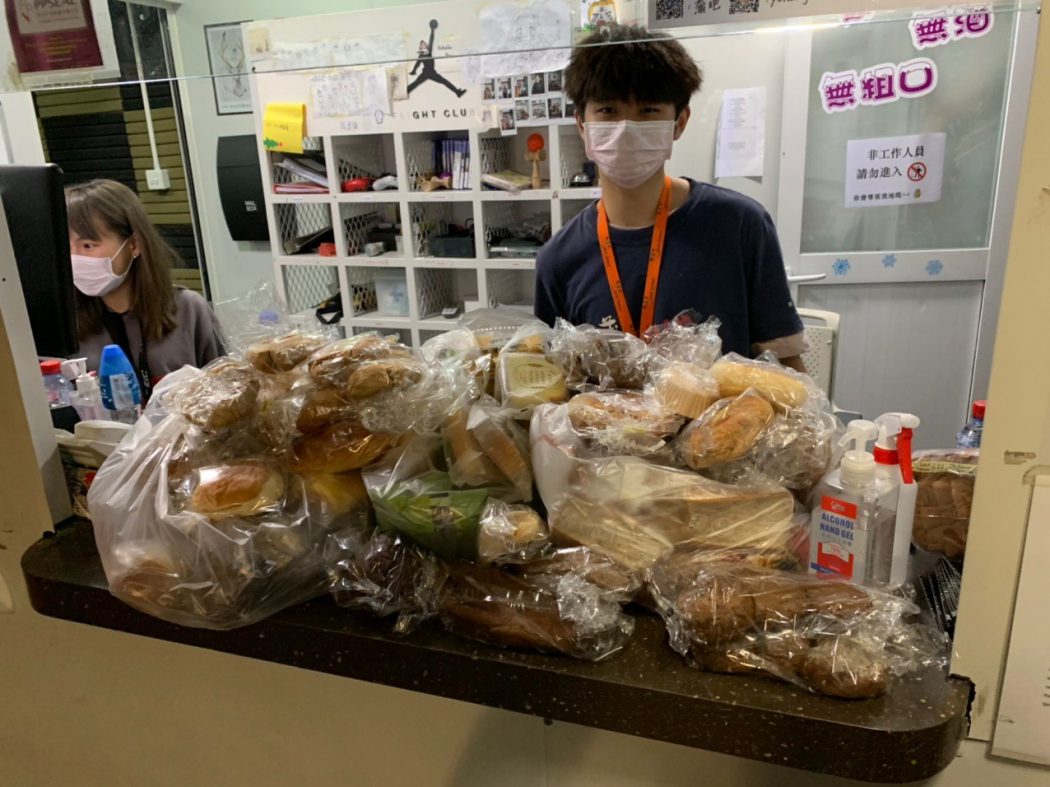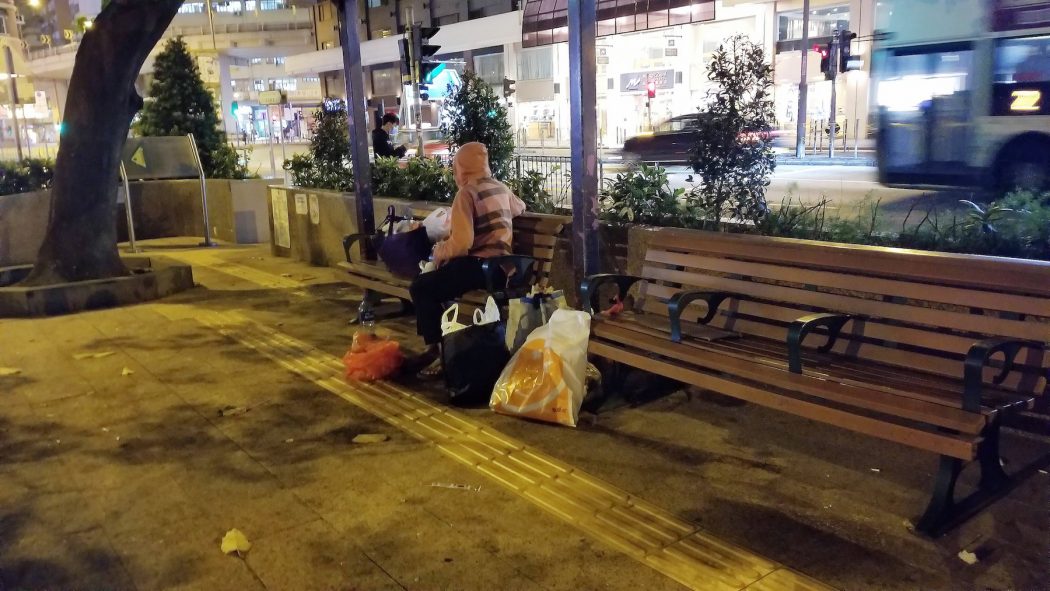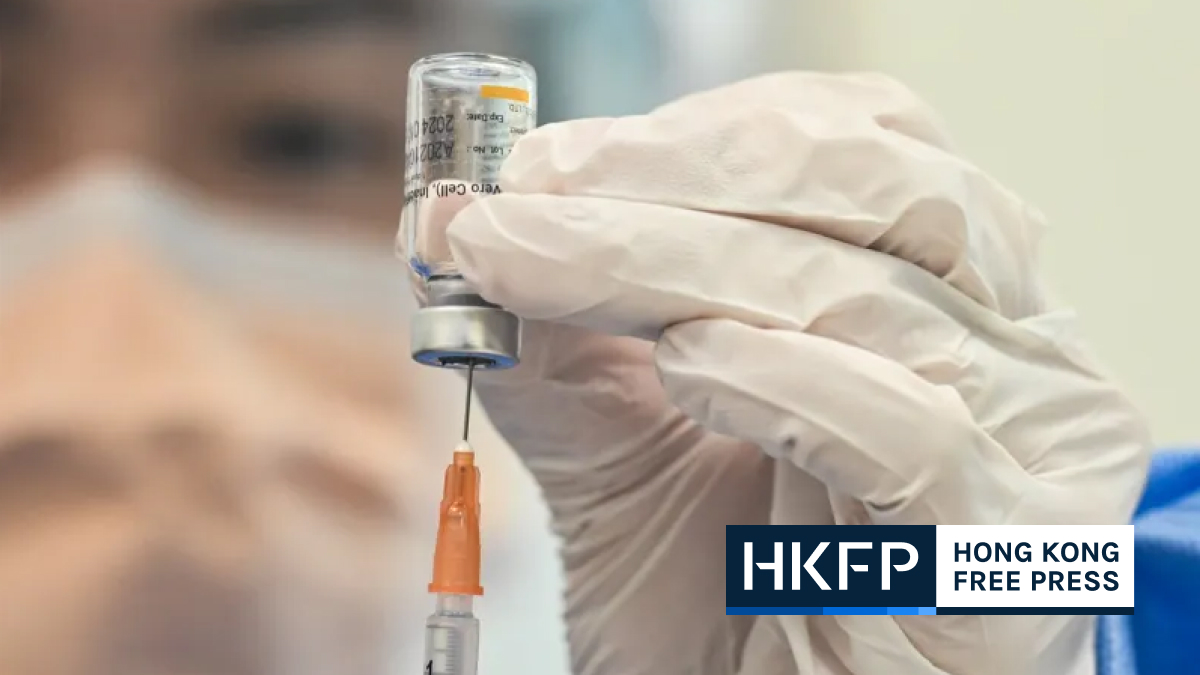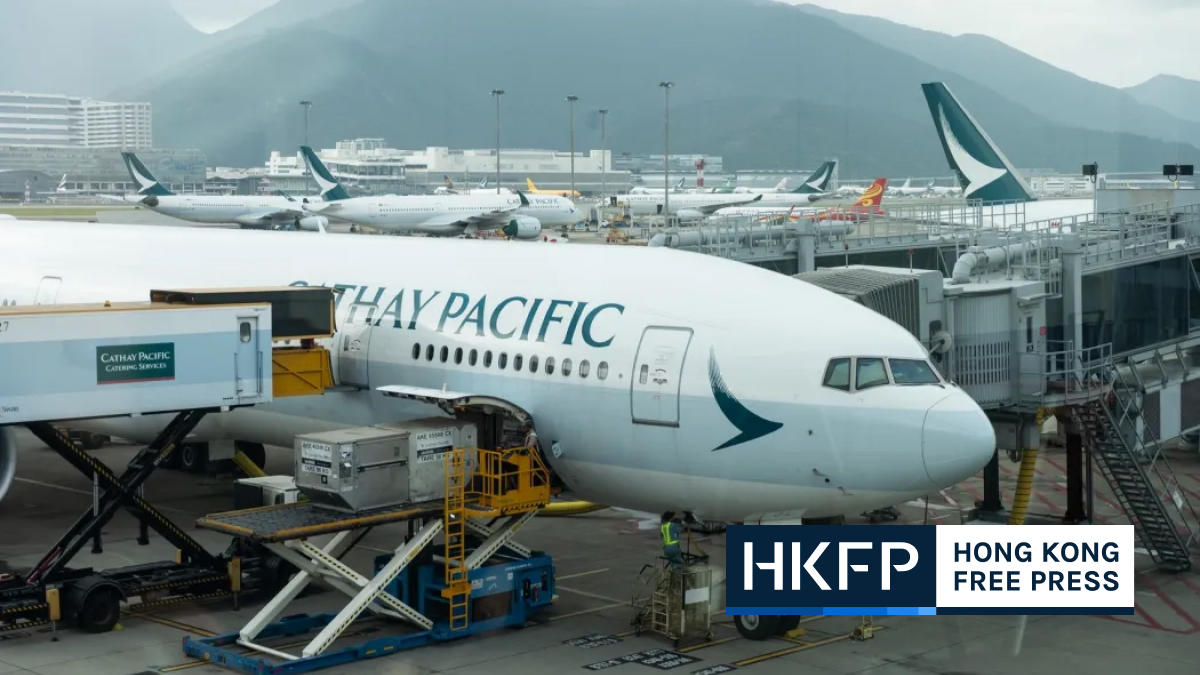A Hong Kong charity is struggling to provide food resources to sustain the city’s poorest and most vulnerable during the Covid-19 crisis.
The FoodLink Foundation and Breadline were left with limited places to turn for food donations this week after Maxim’s Group — one of their major partners — said on Sunday that all donations would be suspended owing to the coronavirus resurgence.

Before the shortage, Breadline was a research project serving a crucial role in diverting food leftovers from landfills to the homeless and low-income individuals. Its founder, Daisy Tam, developed the Breadline web application at MIT as part of her work at the Hong Kong Baptist University to address the logistical issues in redistributing edible leftover food products across Hong Kong.
The project, which mainly partners with Maxim’s Group and Arome Bakery, collects data on the amount of leftover stock at bakeries around the city during closing time and makes the information available to its volunteers. The app helps to streamline and maximise the effectiveness of each volunteer’s time.

“We’ve improved volunteer efficiency six to ten times. We need six to ten times [fewer] people to cover the same amount of shops … The return rate of our volunteers is super high.”
During its launch in April, Breadline collected and distributed around 200-300 pieces of bread per week to the city’s homeless. Last month, the number had risen to 2,748 pieces. Working in collaboration with FoodLink – a local food distribution NGO – they deliver leftovers to the city’s needy from ImpactHK’s homeless shelter in Tai Kok Tsui.
Disproportionate impact
Tam also said the city’s lack of a “Good Samaritan law”, which would exempt parties who give reasonable assistance to those in need from being held legally liable, may also to blame for Maxim’s decision to halt donations at such a crucial time. “Because of the lack of protection for the donors… they’re quite risk-averse. They are worried about their liability and their exposure,” she said.

She added that this worsens a situation that was already worrying and distribution is set to stop this Friday: “So often we see that [beneficiaries] were so hungry, they were just taking the bread and eating it immediately… This is really a bad situation.”
The effects of the resurgence of Covid-19 are felt the most by who are already leading precarious lives, such as those on low incomes or daily wages. “Now is the time that is the most important to support the homeless …The vulnerable who are disproportionately impacted during this crisis have even less [support].”

The problem is not limited to food shortages – recipients also requested face masks and hand sanitisers earlier in the year, when both items were in short supply.
Tam said this highlights the indispensable role grassroots charities play in addressing the needs of the city’s disenfranchised: “These community organisations are really aware of their needs… You need to know what is happening and respond to that.”

In spite of its current struggles, the NGOs are still receiving high levels of interest from volunteers who want to contribute: “It’s surprisingly to see that, especially in times of crisis, more people from all walks of life are seeking out ways to help. This restores my faith in humanity… I have met so many people through this program who just wanted to do something,” Tam said.
Maxim’s group donated 200,000 face masks and HK$2 million dollars worth of food coupons to the city’s elderly and the visually impaired in February this year. According to government statistics, Hong Kong produces over 3,600 tonnes of food waste per day. Around 20 per cent of the city’s population have under HK$30 to spend on food daily.
A spokesperson for Maxim’s told HKFP on Tuesday that many vendors suspended their food donations in July in light of the pandemic: “To ensure the health and safety of our staff, customers and volunteers, we took a more prudent measure to suspend the collection [from the] beginning of August until further notice.”
They added that they were closely monitoring the situation and hoped to resume their donations program in the near future.
Correction 10:25: A previous version of this article stated that Hong Kong produced 360 tonnes of food waste per day. This has been corrected to 3,600 tonnes.
Support HKFP | Policies & Ethics | Error/typo? | Contact Us | Newsletter | Transparency & Annual Report | Apps
Help safeguard press freedom & keep HKFP free for all readers by supporting our team















